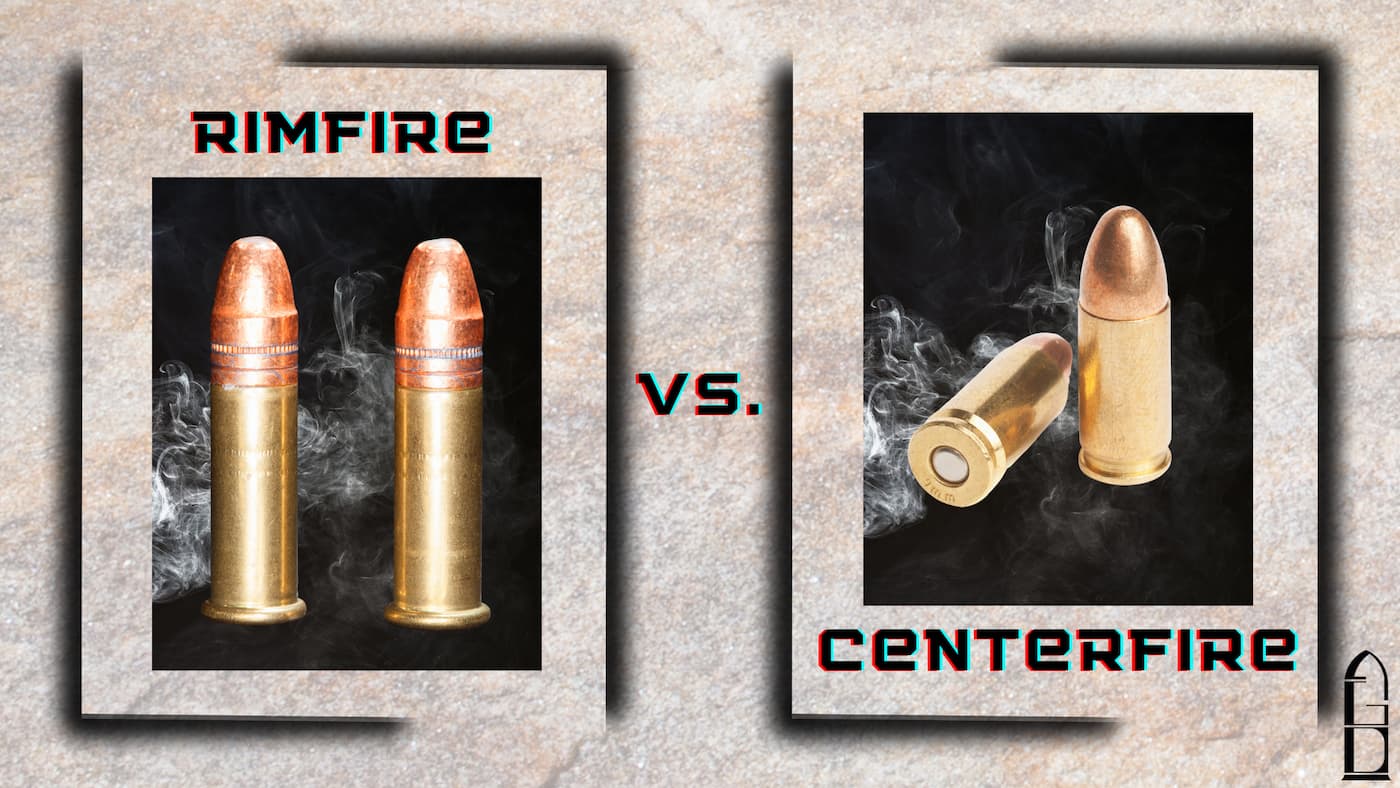- Free Shipping - Same day Fast shipment if order is placed by 2.00 pm EST - Only Delivery no ın-store shoppıng
- Last Update :
- October 4, 2022
What Does Fmj Mean?
Fmj means Full Metal Jacket. A full metal jacket is a type of bullet made up of an inner core and an outer case. The case protects the soft inner core, which is made of lead, from melting quickly and is made of hard metal. Fmj ammo is also known as a full metal case.
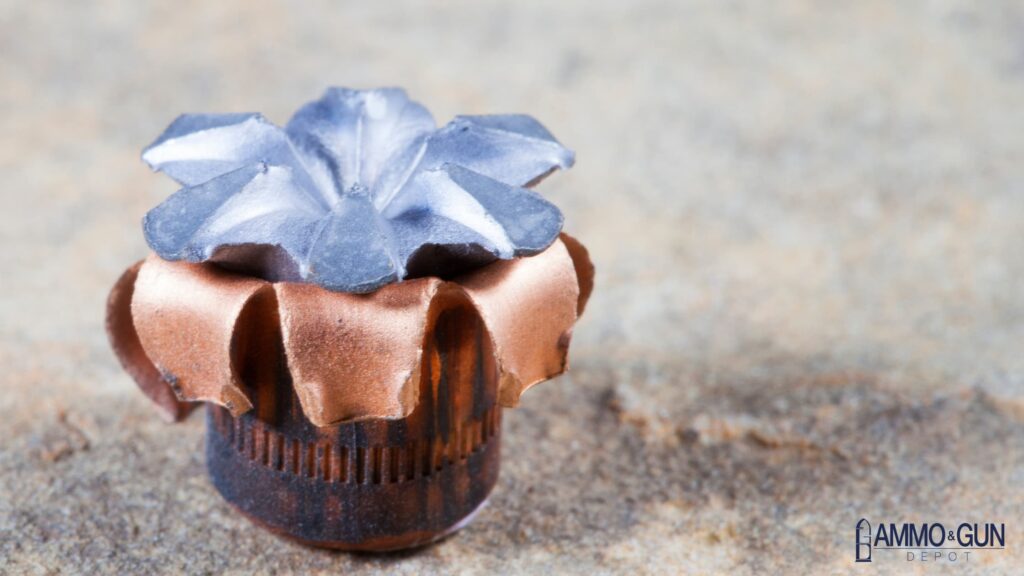
What Does Fmj Mean In Ammo?
Fmj ammo has great penetration against soft tissues, and they are used to hold trajectory. Fmj rounds do not expand when it hits the target. Therefore they are an excellent choice for target shooting.
Does Fmj Increase Damage?
For self-defense, fmj bullets have one drawback. They can hit an unintended target because they can easily penetrate soft objects since the bullets do not expand.
When fmj ammo is impacted at rifle velocities, they cause a lot of damage, they can penetrate all through the body easily and create a shockwave as they slice through the body which can be very devastating.
Fmj Advantages – Benefits Of FMJ Ammo?
- Fmj ammo is very accurate.
- The casing prevents the lead in the soft inner from depositing itself as it fires.
What Is Fmj Ammo Good For?
Fmj ammo is best used for shooting and range practice because they are less expensive, and there is no risk of hitting an unintended target in these activities.
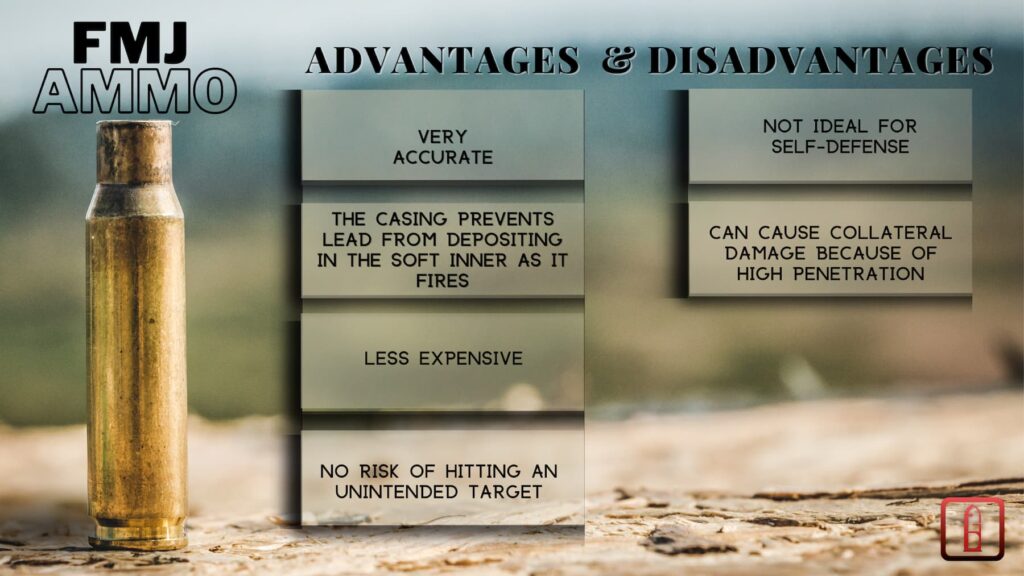
Why Does The Military Use Fmj?
Declaration III at the Hague Convention of 1899, prohibits the use of expanded bullets in international warfare. Fmj ammo is used by most NATO military, but the USA never consented to the treaty officially, and they adopted the use of hollow points.
In terms of performance, fmj ammo penetrates more than hollow points bullets. For military purposes, high penetration is important to go through protective equipment like helmets, covers, etc.
In terms of cost, fmj is less expensive than its counterparts. For example, the US military fires hundreds of millions of ammo from its FMJ armory every year, and the difference in cost is an important factor to consider.
Fmj Disadvantages
- They are not ideal for self-defense.
- They can cause collateral damage because of high penetration.
What Is Fmj Ammo Good For? Common Uses For Fmj Ammo
When Fmj ammo is used in semi-automatic weapons, they display excellent performance, and the feed is reliable. Hence FMJ ammo is a good choice for both military use and target shooting.
Fmj Ammo For Self-Defense
Fmj ammo is not ideal for self-defense because it can penetrate through the target and hit an unintended target down the range.
Fmj Ammo For Home-Defense
For home defense, fmj bullets are not the first option because of the risk that comes with it. It can easily hit an innocent target. Nonetheless, fmj ammo can still be used for home defense but you must know what is beyond the target.
Are Full Metal Jacket Bullets (FMJ) illegal for Hunting?
Fmj bullets are illegal in the lower 48 states in the US because it over penetrates and deforms. They have high penetrating power, and there are no species in many states in the US that need that amount of penetration to get hunted.
Nonetheless, fmj ammo is accepted worldwide, and they are recommended for use against certain animals that have a thick hide. Some examples of these types of animals are cape buffalo, elephants, etc.
Cautions When Using Full Metal Jacket Bullets
Full metal jacket ammo is made to penetrate soft objects more quickly than other regular bullets that expand. Firearm owners and hunters consider the ability of fmj ammo to go through objects easily a disadvantage because they tear through organs. When shooting fmj ammo, it is always important to know the target range, that is the target, and what is behind the target.
What Is A Jacked Hollow Point Bullet (JHP)
JHP stands for jacked hollow point and is a type of bullet with a hollow tip. Hollow point bullets are made to expand when they hit the target, and they are the ideal ammo for self-defense.
In the 19th century, hollow point bullets (jhp) were first marketed as express bullets. These bullets were hollowed to reduce bullet mass and increase velocity. After the creation of smokeless powder, soft point bullets and jacketed hollow points bullets were developed around 1890.
Hollow point bullets are used primarily for handguns in modern ammunition because handguns operate at a velocity lower than rifles. At the velocity of a handgun, hollow point bullets expand reliably.
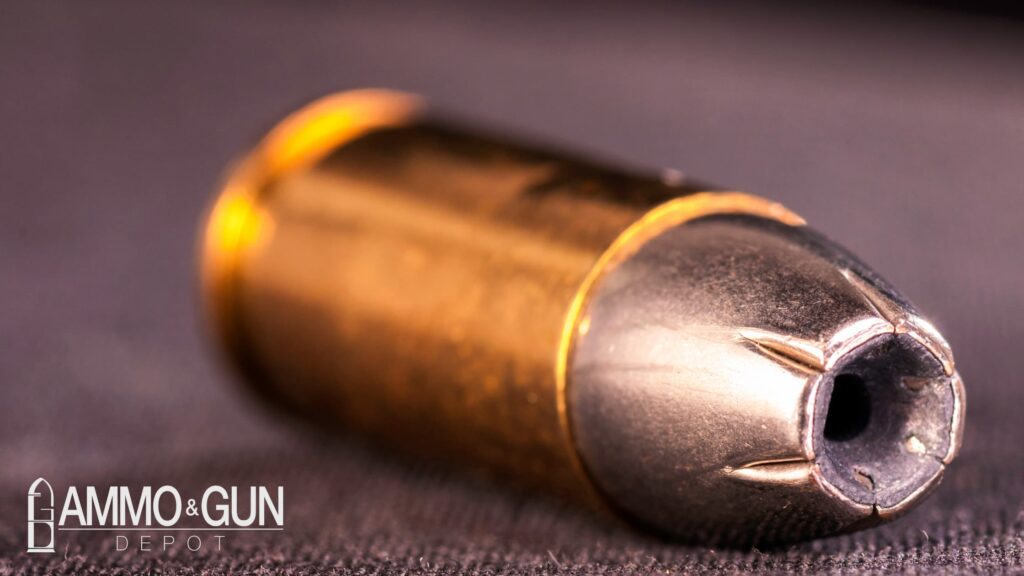
What Are Hollow Point Bullets Designed For?
Hollow point bullets are designed to ‘mushroom’ when they hit a target. Mushroom is the process where a hollow point bullet hits a target, and then pressure is created in the pit, which forces the tip of the material to expand and increase in diameter.
Hollow point bullets are used when penetration needs to be controlled. The design of hollow points makes them effective for two things; primarily to hit the target and also safe for bystanders. This makes hollow point bullets the ideal ammo for self-defense and hunting.
What Does Tmj Ammo Mean?
TMJ stands for total metal jacket. Tmj ammo is a type of bullet that is encapsulated by a thin jacket usually made of copper. The copper jacket covers the bullet; hence, the lead is not exposed. Tmj ammo has similar ballistic properties to fmj ammo, and they are used for range shooting.
What Is The Difference Between Hollow Point And Fmj? Hollow Point Vs. Fmj
The hollow point vs. fmj argument is one of the oldest ammo discussions. Both types of ammo have their peculiarities, but we will highlight their significant differences.
Cost
In terms of cost, hollow point bullets are more expensive than FMJ ammo. This makes FMJ ammo the perfect ammo for range shooting or target shooting.
Application
Hollow point bullets are used in self-defense and hunting animals because they expand and do not tear the target’s organs. The military uses FMJ ammo because of its penetration power that tears through protection gears.
Design
When fmj ammo hits a target, it is designed not specifically to expand or have a trajectory change and can hit whatever is behind the target. Unlike the jhp ammo that develops and transfers its energy to the target.
Accuracy
Jhp bullets are more accurate than fmj ammo because it is easier to maintain better tip shape consistency of the ammo. Also, the aerodynamic properties of hollow point bullets are superior.
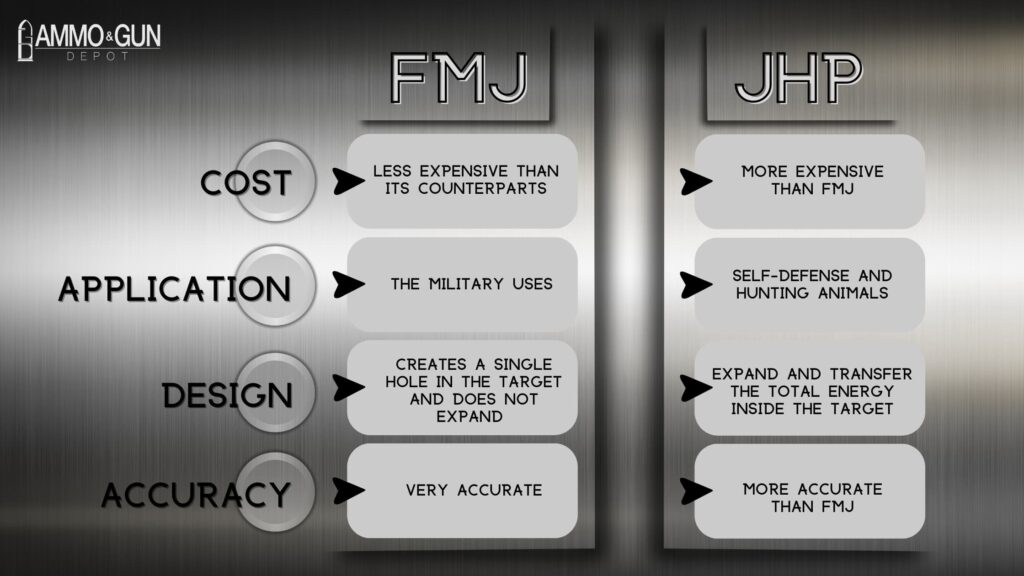
Hollow Point V.S Fmj Damage
Both bullets are lethal. Using a 9mm, for example, when a 9mm jhp bullet is fired, it deforms as soon as it hits the target. Also, a 9mm fmj bullet drills a hole in the target as it comes out on the other side. Also, the price of an FMJ 9mm ammo box differs from that of a hollow point.
Using the same caliber, same trajectory, and same energy. Hollow point bullets are considered more deadly because they expand and transfer the total energy inside the target, leaving multiple holes in it as it deforms. The Fmj bullet creates a single hole in the target and does not expand.
Which Is Better, Fmj Or Jhp (Hollow Point)
Both types of ammo serve their particular purpose. If you are a new firearm owner and want to practice target shooting, then you should opt for FMJ ammo. The Military uses FMJ ammo because of its high penetration power. At the same time, hollow point bullets are regarded as self-defense round or home defense rounds because it is the ideal bullet for such purpose.
What Is The Difference Between Tmj And Fmj? Tmj Vs Fmj
Tmj ammo and fmj ammo are similar in ballistic properties, but we will talk about the difference between both ammo in this section – tmj vs. fmj.
To differentiate TMJ ammo from FMJ ammo, it is also called FEB-FMJ, where FEB stands for ‘fully enclosed base’. For TMJ ammo, the jacket covers every part of the bullet including the base but the jacket covers everything but the base for FMJ ammo.
TMJ ammo prevents vaporizing of lead because it is fully enclosed, Unlike FMJ bullet that exposes some amount of lead into the air when fired.
Is Tmj Better Than Fmj?
In general, TMJ was made to improve on the flaws of FMJ ammo. Most importantly, to reduce the health risk caused by lead exposure on police officers when they fire FMJ ammo. In terms of accuracy, TMJ ammo is more accurate than FMJ ammo for similar projectiles because of the uniformity on the jacket of TMJ. TMJ is preferred ammo over FMJ because it is environmentally friendly and does not expose lead to the environment. Also, it makes TMJ suitable for indoor shooting practice and conducive for children.
Common Ammo Cases Types
The casing is another important part of a cartridge. The casing of a cartridge has nothing to do with how the bullet is made, but firearm owners have different preferences on the type of casing they want. There are 4 main casing types:
Brass
Brass-cased ammo has some key attributes: They are strong, easy to reload, and resistant to corrosion.
Steel
Steel-cased ammo is versatile, cost-effective, and available in different calibers
Aluminum
Aluminum-cased ammo is also cost-effective, just like steel. They are also durable and lightweight.
Plated Case
They have high corrosion resistance. For revolvers, they are easy to load and unload. They also feed well into semi-automatic firearms.
Is 9mm Fmj Bullets Good?
Yes, the 9mm fmj bullet is a good bullet for shooting practice and target shooting. It is also cost-friendly. At Ammo & Gun Depot, we sell the best 9mm fmj bullets on the gun market. Whether you want to learn how to shoot or want to improve your shooting skills, then you need to get a 9mm FMJ.
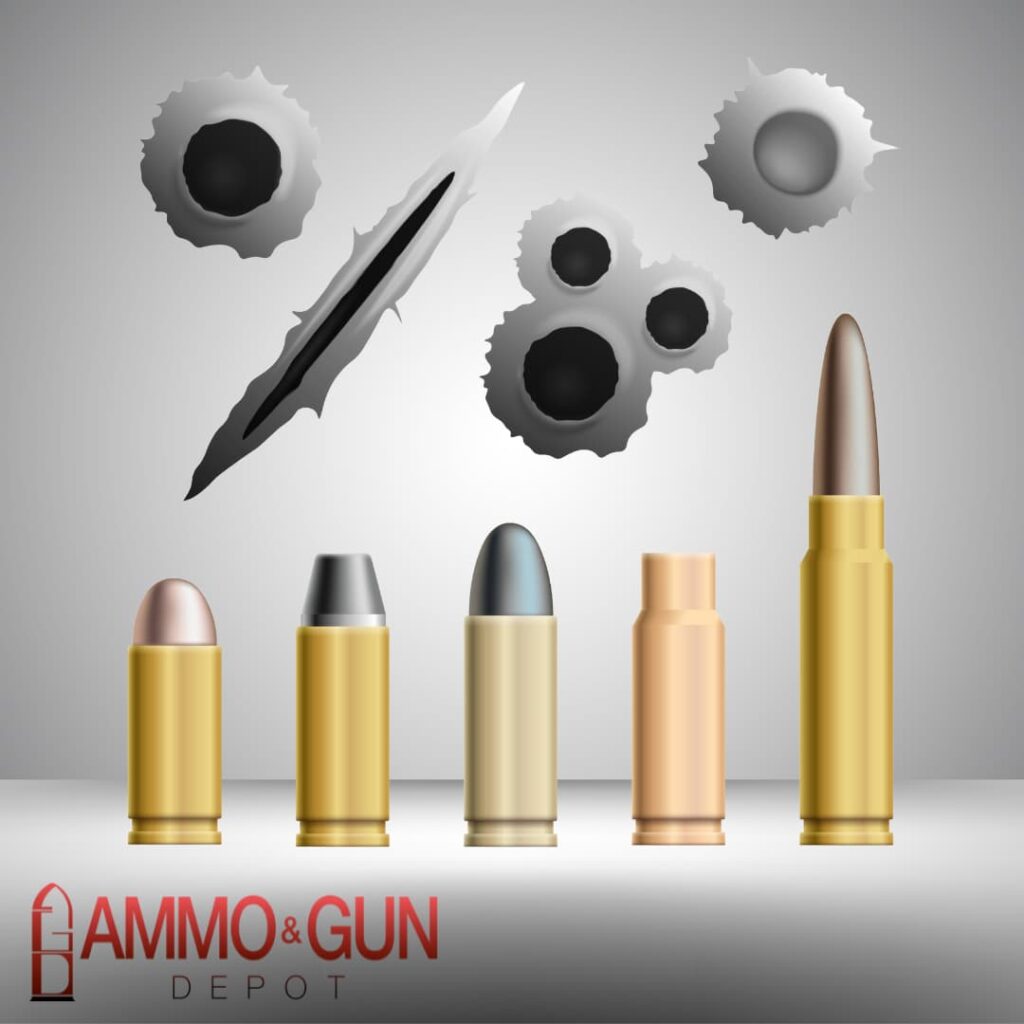
Conclusion
The choice of cartridge and bullet is as important as getting a rifle or shotgun for self-defense or practice. Each bullet has its purpose. The FMJ is not suitable for indoor shooting, TMJ is preferable but the FMJ is used by the US military. JHP is suitable for self-protection because it reduces the risk of collateral damage.

